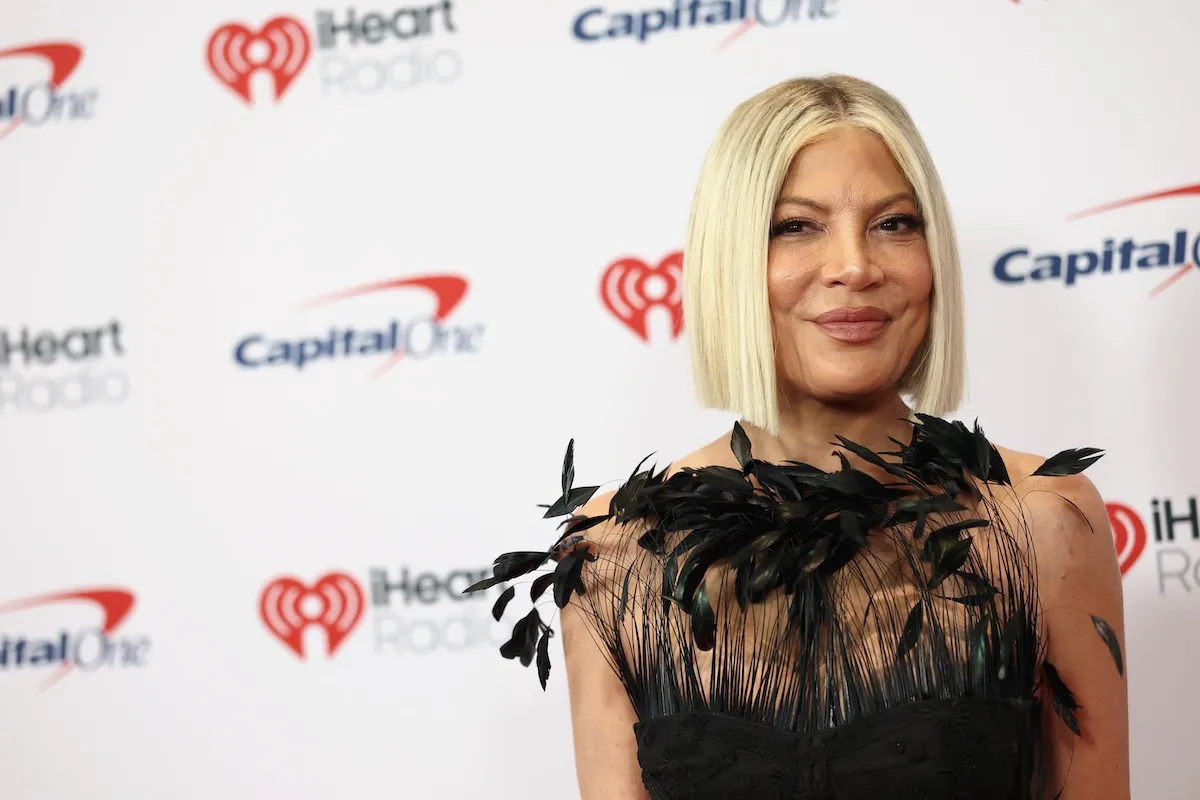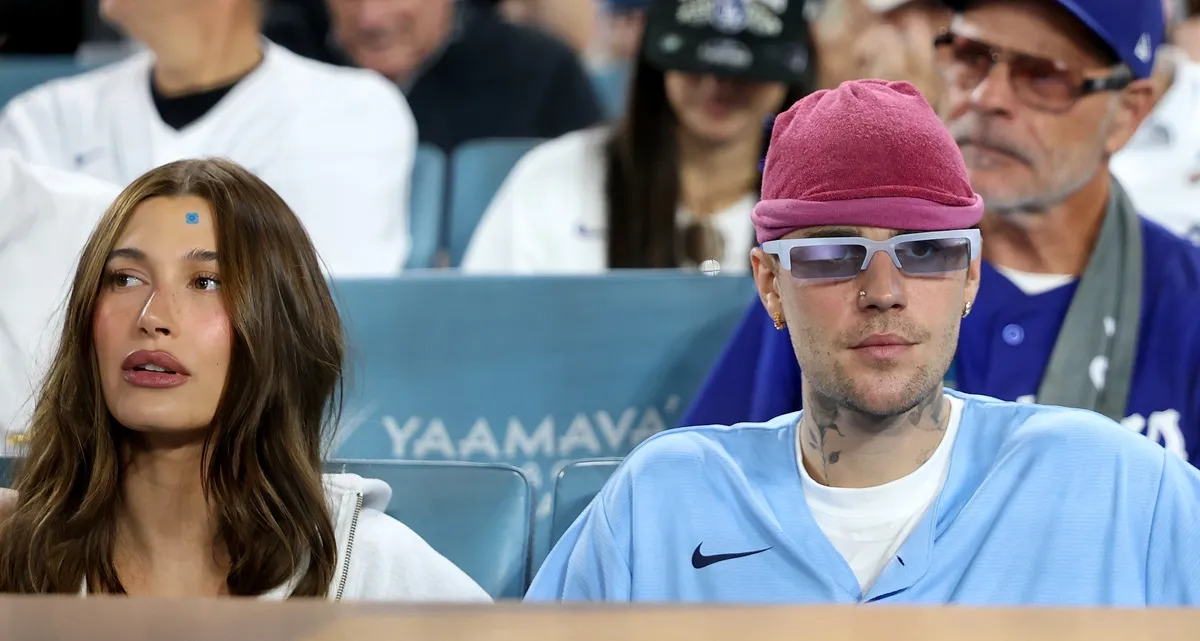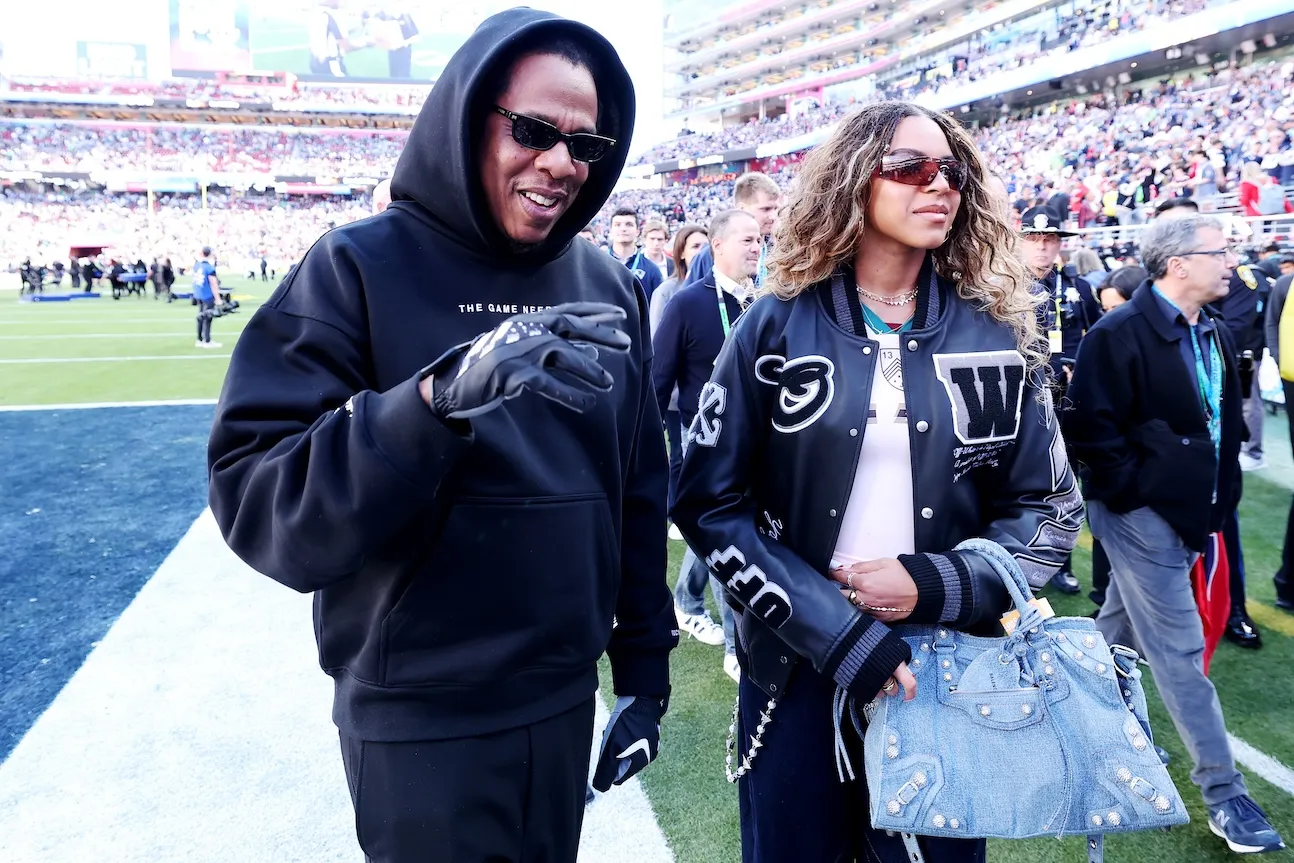‘The Bachelor’: If You Want to Go on the Show, Be OK with ABC Owning You for Years
When you get chosen to go on The Bachelor, you are probably excited about all of the ways that your life is about to change. You’ll soon step into some level of fame, you’ll probably get Instagram sponsorships afterward, and if you make it far enough, you’ll even most likely have a fan base. But all of that comes at a price. Before you can appear on any Bachelor shows, you have to sign a lengthy contract that pretty much states that the franchise owns you for a certain amount of time.

How long are you obligated to the franchise?
If you go on to be a lead on The Bachelor or Bachelorette, you are indebted to the franchise for much longer than the regular contestants.
According to former Bachelor Chris Soules, the producers “have a say in almost everything you do afterward,” because you are still in a contract with the franchise for a year after the show.
“I sort of knew that [Mike Fleiss] could approve or disapprove most anything, but I just figured it’s ABC … they’re a pretty important company to Mike Fleiss so I just assumed that he was indifferent if the contestants went on,” he told The Cut of agreeing to go on Dancing with the Stars after being the Bachelor.
Former Bachelorette Kaitlyn Bristowe had a much different experience with DWTS.
“Actually I was offered it, had the contract & Mike Fliess [sic] told me I wasn’t allowed,” she tweeted when a fan asked her why she didn’t go on the show. “He said he didn’t want people wanting fame after his show.”
And even if you don’t go on to become the lead of the show, you are still under certain limitations for a year, like not running for public office.
“Applicants may not presently be a candidate for any type of elected political office (“Candidate”) and may not become a Candidate from the time the application is submitted until at least one (1) year after initial broadcast of the last episode of the Program in which the applicant appears, if selected,” show’s requirements read.
What happens after the initial year?
After that initial year of the contract ends, you aren’t off the hook.
“In the year following the finale of your season, you must be available to take part in a ‘reasonable number’ of interviews, photoshoots, and chats for publicity,” Amy Kaufman writes in her book, Bachelor Nation: Inside the World of America’s Favorite Guilty Pleasure .
“You also have to agree to take part in any special episodes of the show—like After the Final Rose or other reunions—for three years.”
On top of that, if you do end up in a relationship at the end of your season, you don’t even have control over your wedding. The Bachelor has exclusive rights to your wedding for two years after the show. If they choose to air your wedding, they only pay you $10,000 per hour of the televised wedding special, according to Kaufman’s book.
So, while the life of a Bachelor or Bachelorette contestant can be pretty nice and glamourous, it’s not for people who can’t follow a strict set of rules and want to live their lives on their own terms.


